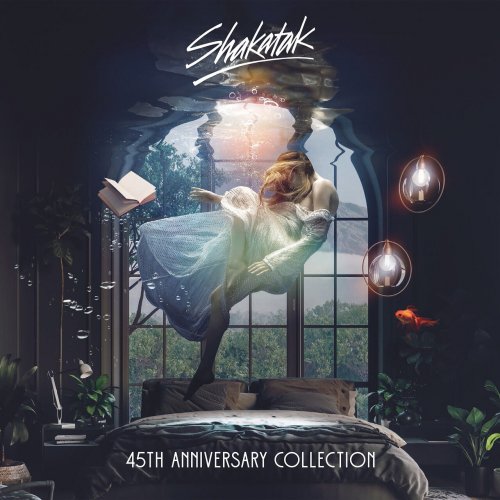Maria Callas - Callas: Mad Scenes From Anna Bolena, Hamlet & Il Pirata (2014) [Hi-Res]
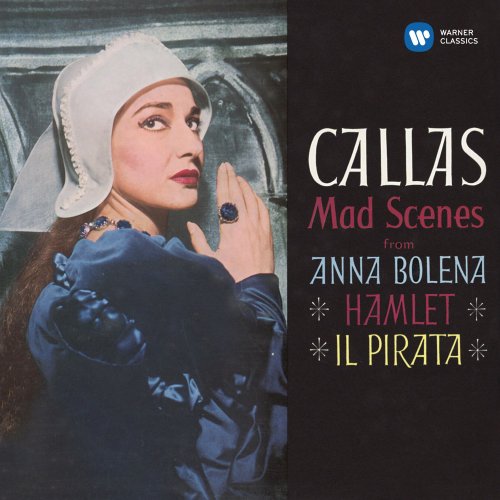
Artist: Maria Callas
Title: Callas: Mad Scenes From Anna Bolena, Hamlet & Il Pirata
Year Of Release: 1959 / 2014
Label: Warner Classics
Genre: Classical
Quality: FLAC (tracks, booklet) [96kHz/24bit]
Total Time: 47:30
Total Size: 945 MB
WebSite: Album Preview
Tracklist:Title: Callas: Mad Scenes From Anna Bolena, Hamlet & Il Pirata
Year Of Release: 1959 / 2014
Label: Warner Classics
Genre: Classical
Quality: FLAC (tracks, booklet) [96kHz/24bit]
Total Time: 47:30
Total Size: 945 MB
WebSite: Album Preview
Gaetano Donizetti (1797-1848)
Anna Bolena, Act 2
01. "Piangete voi?...Al dolce guidami castel natio" (Anna Bolena, Smeton, Lord Percy, Hervery, Lord Rochefort, Chorus) (19:57)
Ambroise Thomas (1811-1896)
Hamlet, Act 4
02. "A vos jeux mes amis" (Ophélie) (10:25)
Vincenzo Bellini (1801-1835)
Il Pirata, Act 2
03. "Oh! s'io potessi" (Imogene) (17:08)
This is Callas' most famous single recital record. It contains three long scenes, each of which depicts an operatic heroine who has descended to a state of madness. No subject matter could have given the legendary soprano more scope to show the range of her dramatic and interpretative skill, and Callas sings with extraordinary intensity and sense of tragedy. The recordings were made in the space of just two days in September 1958. The Philharmonia Orchestra play with great flair and imagination under one of Callas' favorite conductors, and these great performances were perfectly captured by EMI in vintage stereo sound. Testament's new transfer conveys the atmosphere and range of the original recordings to perfection.
„Mad scenes in opera go back almost to the genre's invention; for composers concerned with realism, madness was a logical excuse for characters to break into florid song. The early 19th century, however, was the heyday of the mad scene, with bel canto heroines inevitably losing their minds and executing dizzying flights of coloratura. Maria Callas's collection of three such scenes bypasses the most famous--Donizetti's 'Lucia'--in favor of that composer's 'Anna Bolena,' Imogene in Bellini's 'Il Pirata,' and Ophelia from Thomas's 'Hamlet.' Callas never made complete studio recordings of these roles, though live portrayals of the Donizetti and Bellini are available.
This is more than just a collection of opera highlights; each scene is an extended dramatic tableau in which Callas enacts a series of shifting moods as a tragic situation unfurls. They are more, too, than simple representations of madness, as Anna, for example, goes from insanity to calm acceptance of fate, back to hallucination, and finally to righteous anger. Callas imbues these roles with her unique dramatic power, and she is in excellent voice as well; this is as technically fluent and dazzling a recording as she ever made. Though Anna, Ophelia, and Imogene may be mad and defeated, Callas emerges triumphant.“
Maria Callas, soprano
Philharmonia Chorus & Orchestra
Nicola Rescigno, conductor
Digitally remastered
„Mad scenes in opera go back almost to the genre's invention; for composers concerned with realism, madness was a logical excuse for characters to break into florid song. The early 19th century, however, was the heyday of the mad scene, with bel canto heroines inevitably losing their minds and executing dizzying flights of coloratura. Maria Callas's collection of three such scenes bypasses the most famous--Donizetti's 'Lucia'--in favor of that composer's 'Anna Bolena,' Imogene in Bellini's 'Il Pirata,' and Ophelia from Thomas's 'Hamlet.' Callas never made complete studio recordings of these roles, though live portrayals of the Donizetti and Bellini are available.
This is more than just a collection of opera highlights; each scene is an extended dramatic tableau in which Callas enacts a series of shifting moods as a tragic situation unfurls. They are more, too, than simple representations of madness, as Anna, for example, goes from insanity to calm acceptance of fate, back to hallucination, and finally to righteous anger. Callas imbues these roles with her unique dramatic power, and she is in excellent voice as well; this is as technically fluent and dazzling a recording as she ever made. Though Anna, Ophelia, and Imogene may be mad and defeated, Callas emerges triumphant.“
Maria Callas, soprano
Philharmonia Chorus & Orchestra
Nicola Rescigno, conductor
Digitally remastered
Related Releases:
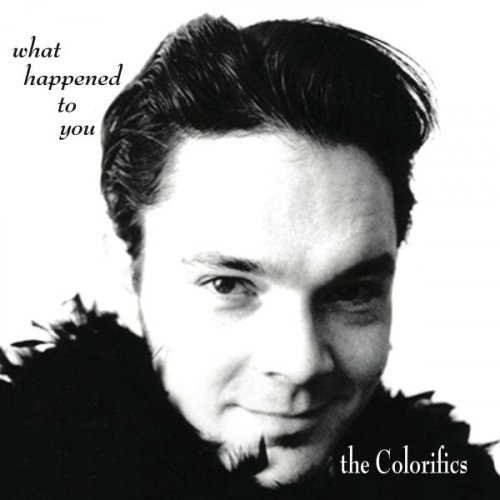
![Quinsin Nachoff - Patterns from Nature (2026) [Hi-Res] Quinsin Nachoff - Patterns from Nature (2026) [Hi-Res]](https://img.israbox.com/img/2026-02/27/85nl7kuvtne1twyima48wpdro.jpg)
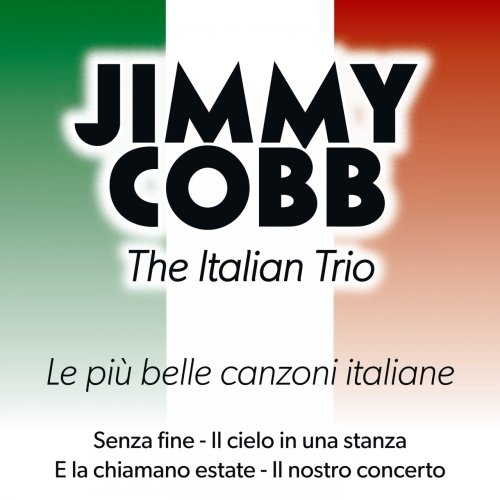
![Vince Guaraldi & Bola Sete - From All Sides (Remastered 2026) (1965) [Hi-Res] Vince Guaraldi & Bola Sete - From All Sides (Remastered 2026) (1965) [Hi-Res]](https://www.dibpic.com/uploads/posts/2026-02/1772124624_cover.jpg)
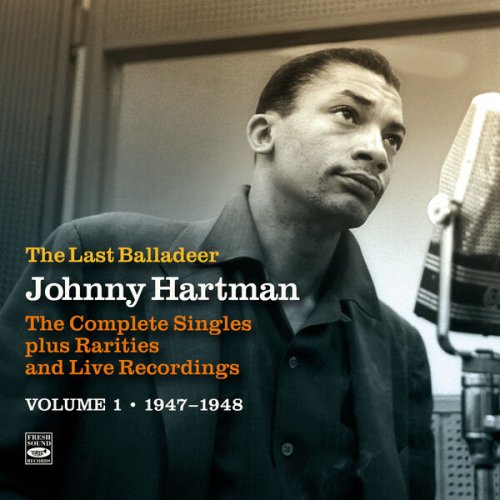
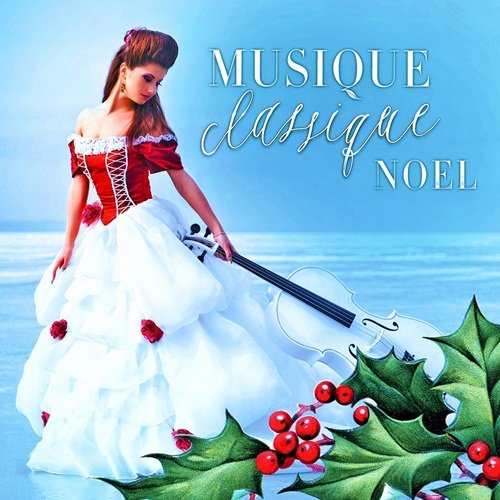
![Roberta Flack - Roberta Flack (2026 Remaster) [Hi-Res] Roberta Flack - Roberta Flack (2026 Remaster) [Hi-Res]](https://www.dibpic.com/uploads/posts/2026-02/1772098000_cover.png)
![Alexander Wienand - Strangers (2026) [Hi-Res] Alexander Wienand - Strangers (2026) [Hi-Res]](https://www.dibpic.com/uploads/posts/2026-02/1772172636_cover.jpg)
